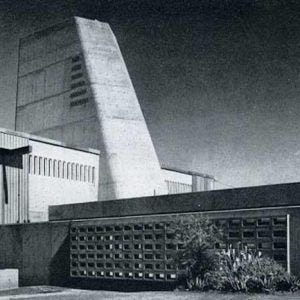The USA and India have finalised a cooperation agreement that includes joint work on nuclear technology.
The deal was concluded during talks between President George Bush and Indian prime minister Manmohan Singh in Delhi and will see the USA and India pursue civil nuclear cooperation.
In return, India has agreed to take steps that will bring it into the international non-proliferation mainstream, including placing its civilian nuclear facilities and programmes under IAEA safeguards and adhering to the guidelines of the Nuclear Suppliers Group and the Missile Technology Control Regime.
Announcing the deal, Singh said: “I’m particularly pleased that we have reached an understanding on the implementation of our agreement on civil nuclear cooperation of 18 July. I have conveyed to the President that India has finalised the identification of civilian facilities to which we had committed. I was also happy to hear from the President that he now intended to approach the US Congress to amend US laws and the Nuclear Supplier Group to adjust its guideline. We will discuss with the International Atomic Energy Agency in regard to fashioning an appropriate India-specific safeguards agreement.”
IAEA director general Mohamed ElBaradei welcomed the announcement of the nuclear cooperation agreement saying: “This agreement is an important step towards satisfying India´s growing need for energy, including nuclear technology and fuel, as an engine for development. It would also bring India closer as an important partner in the non-proliferation regime.”
ElBaradei added: “The agreement would assure India of reliable access to nuclear technology and nuclear fuel. It would also be a step forward towards universalisation of the international safeguards regime.”
Related ArticlesBritain’s fading lights Mighty mice






